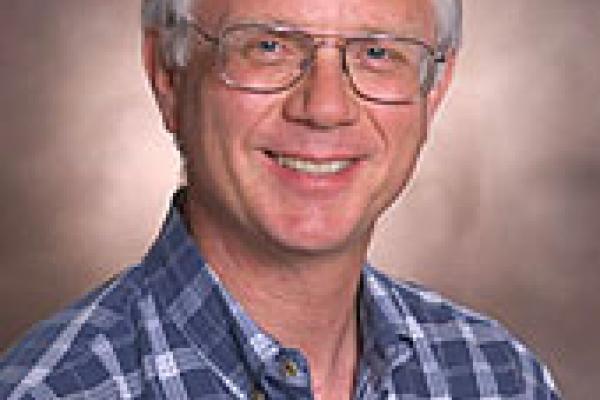
It has long been proposed that electron tunneling, as mediated by molecular orbitals, might be used as a single molecule analytical probe (for sequencing DNA for example). In practice, the connection between molecule and metal is not reproducible and signals are dominated by fluctuations of the molecules and the environment. In recognition tunneling (RT) special adaptor molecules are strongly attached to electrodes and form specific non-covalent bonds with target molecules to be analyzed. The resulting “noise” signals are characteristic of the trapped analyte molecule and can be used to identify single molecules (using the same machine-learning algorithm that drives “Watson”, the IBM computer that won Jeopardy).
Though developed for DNA sequencing, the technology is quite powerful, and can identify a number of amino acids. I will describe a proposal for a single-molecule protein sequencer. This technology could prove critical in health care because proteins are indicators of current health status, as opposed to DNA sequence, which generally indicates only risks.
